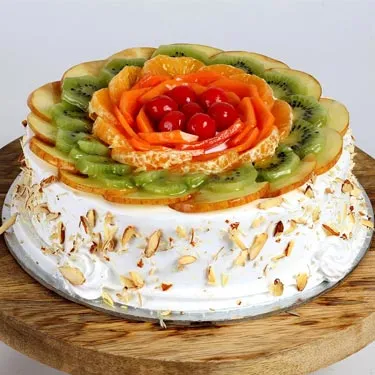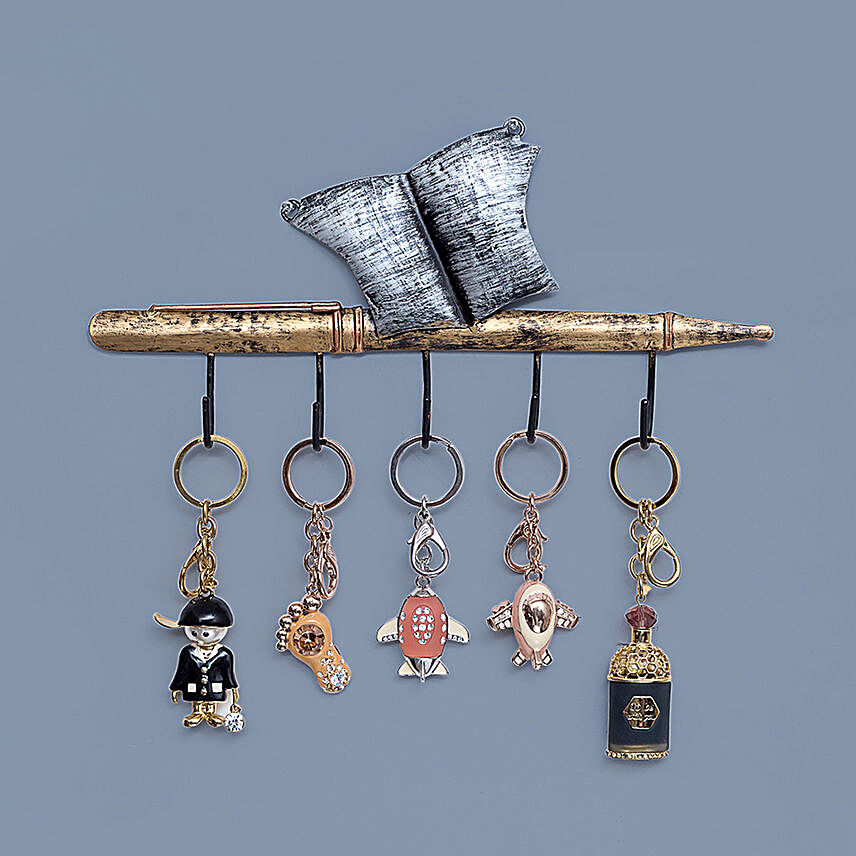How has Gifting Evolved with Time?
- Author: Anushka Published: 26th Aug, 2022
Giving gifts is not just handing out a wrapped box. It is basically how we express our deep-down feelings and emotions. However, gift-giving today is not how it was decades ago. The nature of gifting has changed significantly from primaeval times to the present day. This post will give you a tour of the history of gift-giving by showing how it varied across different periods & cultures and how it is today.

Gifting Through the Times
The practice of gifting has been in existence since the advent of human civilisation. Know the ancient traditions of gifting from around the world to understand how the concept of gifting evolved over time.
These people were also responsible for the tradition of gift-giving on birthdays. A pharaoh’s coronation day was considered even more important than their birthday. Pharaohs were given unique, royal gifts such as jewels and crops to commemorate this day.
The Rise of Online Shopping
Today, gift shopping has become way too convenient. You have hundreds of thousands of online gift items at your disposal and can get them shipped even to the other side of the world at a click of a button. Besides, the gifts have now become more meaningful, elaborative and personalised. It has become a trend to customise even classic picks such as chocolates, accessories and cakes with the recipient’s name, photo or initials.
Then there is a rising popularity of gift cards too that gives the liberty to the recipient to buy anything they want or like.
Well, this is just the tip of the iceberg. Different cultures follow different gift-giving practices which have only evolved with time. However, the underlying objective remains the same, i.e. to spread happiness and joy.





